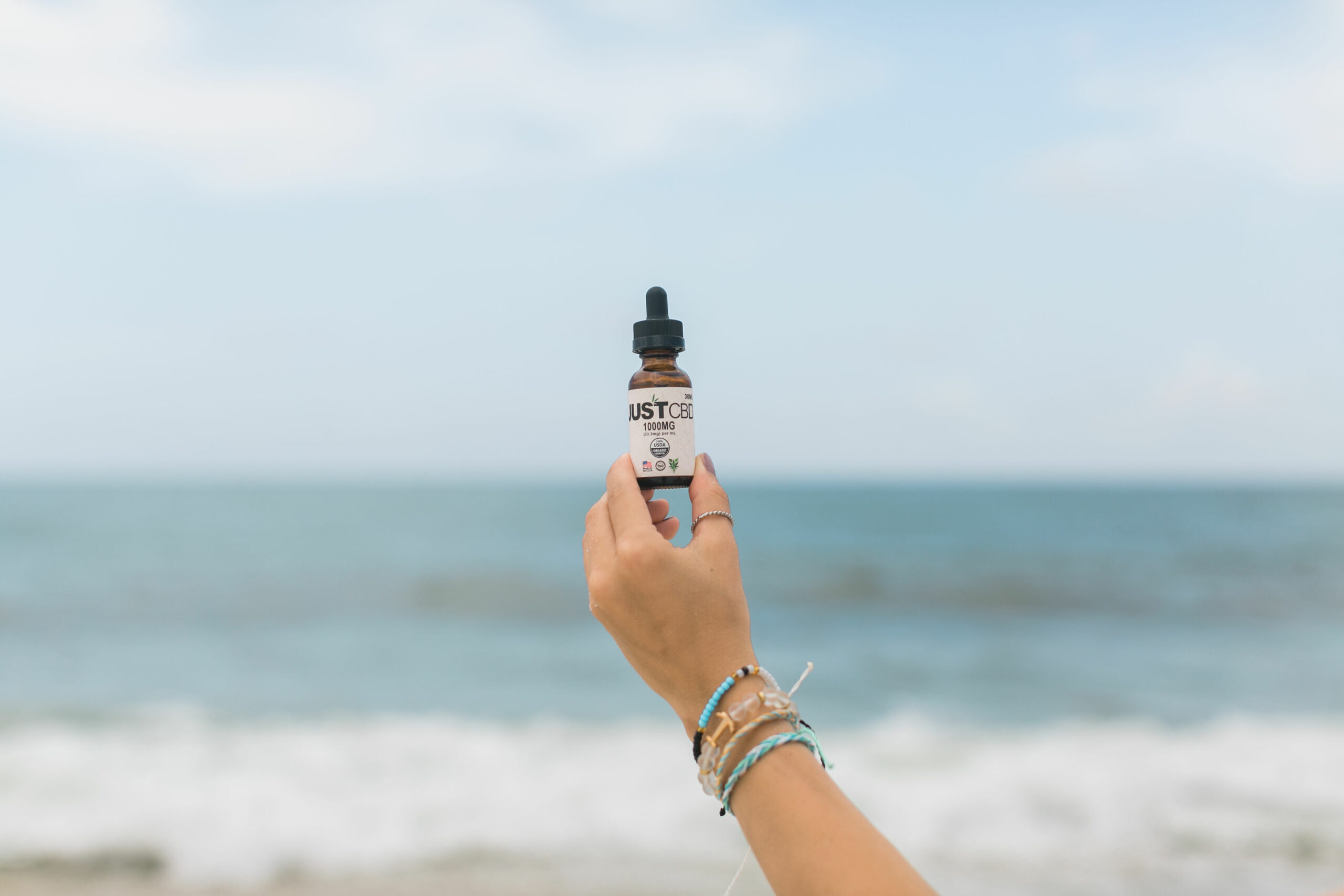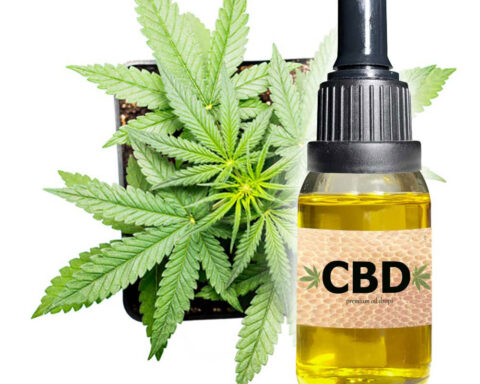Cannabidiol (CBD) extracts can be difficult to understand when dealing with drug testing. Tetrahydrocannabinol (THC) is a cannabis chemical compound that causes a high feeling in consumers. Most drug tests focus on THC levels. Although numerous cannabidiol products have small THC amounts, they might be discovered in urine during drug examinations. CBD products have a chemical compound known as cannabidiol. Many CBD users enquire whether CBD oil causes highness. Learn the effects of CBD oil and if CBD users can pass a drug test below.
What is CBD Oil?
Cannabinoids are non-psychoactive and non-intoxicating compounds obtained from cannabis herbs. The endocannabinoid system receives and emits cannabinoids around the body. CBD products activate the aggressive endocannabinoid system. Tetrahydrocannabinol (THC) is another cannabis-related compound that affects the neurotransmitters in the brain by clinging to the CB1 receptor. After THC enters into the brain, it interferes with movement patterns, emotions, sense of time, the ability to focus, and memory. Marijuana plants have approximately 40 % THC, whereas hemp plants have below 0.3 % THC. This distinction in THC and CBD functioning and plant origin variation explains why their effects throughout the body differ.
Reasons for Failing Drug Tests
Using CBD Oil with THC
Some consumers taking CBD products with THC fail drug tests. Such CBD product might be the full-spectrum CBD oil which constitutes terpenes, cannabinoids, and THC traces. THC is not present in isolate extracts. Most manufacturers indicate their products are THC-free, but the claim does not always hold. THC can be detected in the consumer’s hair for 12 weeks and between three days and four weeks or more in the urine based on utilization intervals. This compound is noticeable in saliva for approximately 2 days and 36 hours in your bloodstream.
THC Cross-contamination
Minute THC amounts found in material that produce cannabidiol can infiltrate your CBD oil in elevated sufficient quantities contributing to positive drug examination. This case arises when buying CBD oil from cannabis shops in regions where cannabis is authorized.
Product Mislabeling
Cannabidiol oil derived from hemp should not have more than 0.3% THC. However, it is common for producers to have their products mislabeled as non-THC hemp when the oil is obtained from low-quality marijuana which contains THC. Research found around 70 % of mislabeled cannabidiol products are marketed online. The reason behind mislabeling is that cannabidiol products have not undergone Food and Drug Administration (FDA) certification.
Passive Exposure to THC
Unintended exposure to marijuana through passive smoke is insufficient to cause positive drug test outcomes in the victim. However, it is detectable in some instances. Staying with high pot smokers for many hours in a room might cause you to inhale sufficient THC that shows positive drug test results.
Cannabidiol Oil Metabolism in the Digestive System
Some studies claim that false-positive examination results emanate from cannabidiol oil that metabolizes into small THC amounts in the stomach. However, other studies have conflicted with this finding. Theoretically, the THC traces can be found in stomach acid, specifically when less-purified cannabidiol productions are consumed.
Remedies to Obtaining Positive CBD Drug Test
Do extensive studies to ensure the CBD products used are pure and the brand company is authentic.
Check for manufacturers with Better Business Bureau (BBB) certification.
Ensure your cannabidiol oil is an isolate product formulation from a reputable industrial hemp source. Notably, it should be a high-quality tincture.
Inquire concerning product processing methods and the potential of cross-intoxication
Avoid hair interaction from THC consumers or marijuana’s passive exposure through pot smoking.
CBD Varieties
There are three CBD oil varieties available in the market. These products are classified depending on their extraction methods from the cannabis plant. They include:
Full-spectrum Cannabidiol
All cannabis plant extracts appear in this product variety. They have all the cannabidiols, including THC. The present THC concentration falls below 0.3%.
Broad-spectrum Cannabidiol
This variety matches the full spectrum, but it has no THC. Notably, the product labeled THC-free is not completely void of THC. Surprisingly, broad-spectrum can lead to a positive drug examination.
Isolate
This pure CBD is obtained from cannabis sativa. It only contains CBD, and all other cannabidiols are eliminated from the final product.
Conclusion
Not all products with a THC-free label are truly void of this compound. Full-spectrum cannabidiol oils have various cannabinoids, which might include THC. Therefore, CBD oil consumers should be proactive to escape drug test failure. In addition, ensure that you utilize pure products manufactured from reputable companies. Theoretically, acquiring false-negative results from pure cannabidiol oil with below 0.3 % THC drug examination is impossible. Nevertheless, since CBD oil is not FDA regulated, there is no assurance that the product is pure.
- Is Mushroom Coffee Worth the Hype? An Expert’s Take - April 19, 2024
- Missionary Position – Least Likely To Bring You To Climax - April 7, 2023
- Vibrators could put you in Jail - March 31, 2023







